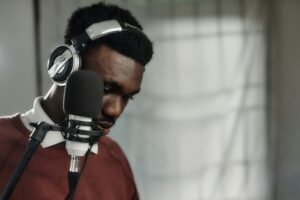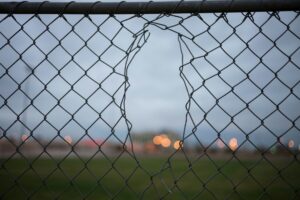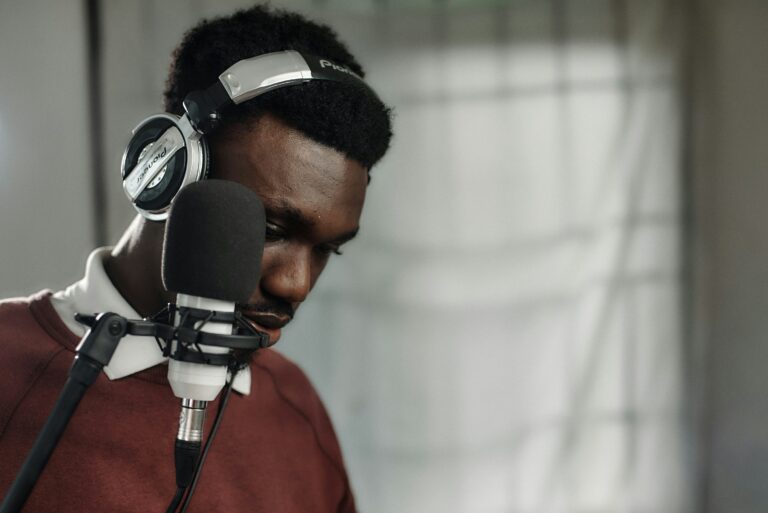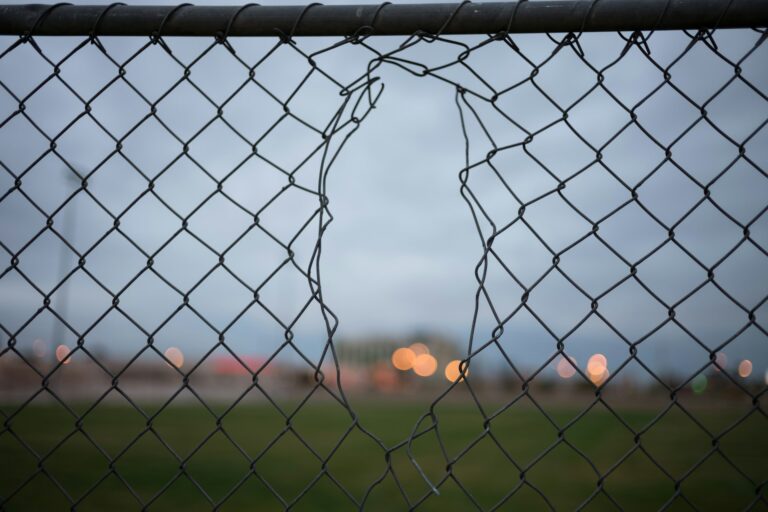How long does it take to learn a language? A study of refugees in Germany found that it took 18 years for refugees’ German skills to reach the level of non-refugee immigrants, many of whom studied German before migrating. Imagine that being the case for the hundreds of thousands of refugees in Germany.
The UN Refugee Agency reported that by mid-2021, Germany was hosting approximately 1.24 million refugees, half of whom were from Syria. In 2022, Germany’s Federal Statistical Office reported 272,000 Iranian and 337,000 Afghan refugees.
The study referenced earlier also found that language exchange with native speakers was immensely helpful to language acquisition. For example, those who spoke German with family members, friends, or at work improved more than those who did not. Syrian refugees interviewed for another study expressed the need for more language contact and exchange with Germans.
There is also research showing that when refugees lack that contact with native speakers – for example, because they are isolated within their own ethnic community with little opportunity for integration into the broader community – they are less likely to learn the host country language.
So how can we promote language exchange between native speakers and refugees, while respecting the importance of refugees’ cultural and ethnic community to their wellbeing? Sara, a refugee, advocate, and expert in language acquisition, shares her story and highlights three significant and guiding principles for Kusala Institute’s mission.
Born in Iran, Sara remembers as a child going from city to city with her father during the war. Eventually, she settled in Germany as a student, during a time when there weren’t many foreigners living and studying there.
Before arriving in Germany, Sara took German classes at the Goethe Institute in Tehran. But when she arrived in Germany, she found that she didn’t know the language at all. Even though Sara had understood her German teacher in Iran, she quickly realized that the German she was hearing in Germany was completely different from what she was taught back then. Fortunately, her uncle introduced her to a German woman – her “angel” – who spent one or two hours every day speaking German with her. This allowed her to pass her entrance exams and begin her university studies in Germany.
Sara got lucky, but not everyone will have their “angel.” That’s where Kusala Institute comes in. The first principle guiding our mission is that learning grammar and vocabulary alone is not enough – to really become fluent in a language, people need to be immersed in it, in a way that’s just not possible in a language class. With the Latudio language app, users can listen to native speaker voices and immerse themselves in the language, just as they would in real life.
When Sara graduated from university in Germany, she realized that she wanted to help other refugees struggling with language acquisition.She volunteered at a refugee camp in Germany helping Iranian and Afghan refugees learn German. Her approach was simple: write sentences in Persian or Dari, translate them to German, and help her students memorize them. To this day, the people she worked with still write to her about how those sentences were and remain helpful to them.
At Kusala Institute, we’ve taken the same approach to language learning that Sara took in the refugee camp. By partnering with the Latudio app, Kusala Institute offers a learning design focused on sentences in both the target and the native language.
Sara’s PhD focused on the influence of emotion on language acquisition – specifically, that how refugees are welcomed into a host country has a huge impact on their ability to learn the language.
When Sara moved to the U.S. to complete her PhD, her room at the university wasn’t ready yet, so a nonprofit supporting international students in Madison, Wisconsin assigned her to live with a local elderly couple for a week. In that short time, the couple made a huge effort to learn about Sara’s culture and really made her feel like she belonged – giving her the space to reflect fondly on her own culture and language, while also fostering positive feelings about the U.S. and English. As Sara went on to teach German and Persian at university, she made sure to give each student the chance to share about their own culture while learning a new language.
Kusala Institute strives to offer the same experience for Latudio app users. We are working to further develop the app so that refugees can share their cultures in collaborative synchronous or asynchronous learning practice with native speakers. Back to the question: how can we better facilitate communication between refugees and native speakers? Sara’s story is inspiring for many reasons, but especially because it gives us a roadmap for supporting refugees’ language learning journey. The answer to our question is through full immersion, sentence-based learning design, and cultural exchange with native speakers. By following these guiding principles, Kusala Institute is ready to support the hundreds of thousands of refugees in Germany embarking on their language learning journey.
The power of language goes beyond mere words; it’s about the stories we share, the emotions we convey, and the connections we forge. If you too want to make a difference in the lives of countless refugees, consider a donation being a virtual volunteer to one of our initiatives. For potential collaborations and strategic partnerships, we encourage you to reach out to Juan Ghersnich Eckers. Together, we are empowering individuals to weave their lives and connect in a new language, one word at a time.







